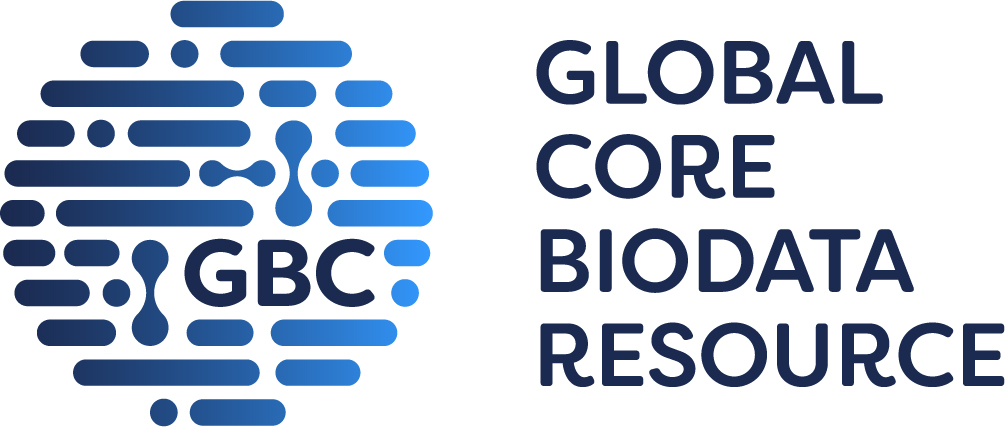
GtoPdb is requesting financial support from commercial users. Please see our sustainability page for more information.
Alopecia areata

GtoPdb Disease Summaries
This section gives an overview of the disease, and where available shows the following:
- Synonyms: Shows known synonyms for the disease.
- Description: Gives a basic description/definition of the disease.
- Database Link: External links to the same disease at the Disease Ontology, OMIM or Orphanet sites.
- Immunopharmacology comments: General comments about the target's role in immunopharmacology, provided by GtoImmuPdb curators.
- Associated with: Counts are displayed for the total targets the disease is associated with in GtoPdb. The counts of targets and ligands of immunological relevance associated to the disease are also shown.
More information can be found in the help pages.
✖| Disease ID: | 1200 | |
| Name: | Alopecia areata | |
| Associated with: | 0 target | |
| 3 immuno-relevant ligands |  |
|
| Synonyms |
| circumscribed alopecia |
| Description |
| A hypersensitivity reaction type II disease causing loss of head and body hair, initially causing bald spots. |
| Database Links |
|
Disease Ontology:
DOID:986 |
Targets

GtoPdb Disease Summaries - Targets
Click on the target name to link to its detailed view page
Where available, information is display on the role of the target in the disease; drugs which target the disease and their therapeutic use and side-effects.
If there is mutation data curated in GtoPdb this is indicated, with a link back to the appropriate section on the target detailed view page
Immuno ligand interactions - If available, a table of immuno-relevant ligands is shown. These ligands have been curated as having an association to the disease and possess interaction data with the target in GtoPdb. The approval status of the ligand is shown, along with curator comments and an indication of whether the target is considered the primary target of the ligand.
More information can be found in the help pages.
✖No target related data available for Alopecia areata
Ligands

GtoPdb Disease Summaries - Ligands
Click ligand name to view ligand summary page
- Approved: If the ligand is an approved drug this is indicated, along with approval bodies.
- Immuno: Immuno icon indicates the ligand is immuno-relevant
Click the arrow in the final column to expand comments
- Immuno Disease Comments: Curatorial comments specifically added as part of GtoImmuPdb. They give more information on the association between the ligand and disease in the context of immunopharmacology.
- Clinical Use: General clinical comments relating to the ligand and may not necessarily be specific to the disease in question. With hyperlink to more details on the ligand summary pages.
- Bioactivty Comments: Curatorial comments specifically about the compounds biological activity - with hyperlink to more details on the ligand summary pages.
More information can be found in the help pages.
✖| Key to terms and symbols | Click ligand name to view ligand summary | Click column headers to sort | |||||||||||||||||||||||||||||||||||
|
|||||||||||||||||||||||||||||||||||||
References
1. Adams B. Sanofi ditches IL-4/IL-13 antibody drug in lung-scarring disease. Accessed on 09/02/2018. Modified on 09/02/2018. fiercebiotech.com, https://www.fiercebiotech.com/biotech/sanofi-ditches-il4-il13-antibody-drug-lung-scarring-disease
2. Fridman JS, Scherle PA, Collins R, Burn TC, Li Y, Li J, Covington MB, Thomas B, Collier P, Favata MF et al.. (2010) Selective inhibition of JAK1 and JAK2 is efficacious in rodent models of arthritis: preclinical characterization of INCB028050. J Immunol, 184 (9): 5298-307. [PMID:20363976]
3. Genovese MC, Kremer J, Zamani O, Ludivico C, Krogulec M, Xie L, Beattie SD, Koch AE, Cardillo TE, Rooney TP et al.. (2016) Baricitinib in Patients with Refractory Rheumatoid Arthritis. N Engl J Med, 374 (13): 1243-52. [PMID:27028914]
4. Jabbari A, Dai Z, Xing L, Cerise JE, Ramot Y, Berkun Y, Sanchez GA, Goldbach-Mansky R, Christiano AM, Clynes R et al.. (2015) Reversal of Alopecia Areata Following Treatment With the JAK1/2 Inhibitor Baricitinib. EBioMedicine, 2 (4): 351-5. [PMID:26137574]
5. Kennedy Crispin M, Ko JM, Craiglow BG, Li S, Shankar G, Urban JR, Chen JC, Cerise JE, Jabbari A, Winge MC et al.. (2016) Safety and efficacy of the JAK inhibitor tofacitinib citrate in patients with alopecia areata. JCI Insight, 1 (15): e89776. [PMID:27699252]
6. King B, Guttman-Yassky E, Peeva E, Banerjee A, Sinclair R, Pavel AB, Zhu L, Cox LA, Craiglow B, Chen L et al.. (2021) A phase 2a randomized, placebo-controlled study to evaluate the efficacy and safety of the oral Janus kinase inhibitors ritlecitinib and brepocitinib in alopecia areata: 24-week results. J Am Acad Dermatol, 85 (2): 379-387. [PMID:33757798]
7. King B, Zhang X, Harcha WG, Szepietowski JC, Shapiro J, Lynde C, Mesinkovska NA, Zwillich SH, Napatalung L, Wajsbrot D et al.. (2023) Efficacy and safety of ritlecitinib in adults and adolescents with alopecia areata: a randomised, double-blind, multicentre, phase 2b-3 trial. Lancet, 401 (10387): 1518-1529. [PMID:37062298]
8. Mackay-Wiggan J, Jabbari A, Nguyen N, Cerise JE, Clark C, Ulerio G, Furniss M, Vaughan R, Christiano AM, Clynes R. (2016) Oral ruxolitinib induces hair regrowth in patients with moderate-to-severe alopecia areata. JCI Insight, 1 (15): e89790. [PMID:27699253]
9. Thorarensen A, Dowty ME, Banker ME, Juba B, Jussif J, Lin T, Vincent F, Czerwinski RM, Casimiro-Garcia A, Unwalla R et al.. (2017) Design of a Janus Kinase 3 (JAK3) Specific Inhibitor 1-((2S,5R)-5-((7H-Pyrrolo[2,3-d]pyrimidin-4-yl)amino)-2-methylpiperidin-1-yl)prop-2-en-1-one (PF-06651600) Allowing for the Interrogation of JAK3 Signaling in Humans. J Med Chem, 60 (5): 1971-1993. [PMID:28139931]
10. Waibel M, Wentworth JM, So M, Couper JJ, Cameron FJ, MacIsaac RJ, Atlas G, Gorelik A, Litwak S, Sanz-Villanueva L et al.. (2023) Baricitinib and β-Cell Function in Patients with New-Onset Type 1 Diabetes. N Engl J Med, 389 (23): 2140-2150. [PMID:38055252]
11. Xing L, Dai Z, Jabbari A, Cerise JE, Higgins CA, Gong W, de Jong A, Harel S, DeStefano GM, Rothman L et al.. (2014) Alopecia areata is driven by cytotoxic T lymphocytes and is reversed by JAK inhibition. Nat Med, 20 (9): 1043-9. [PMID:25129481]







